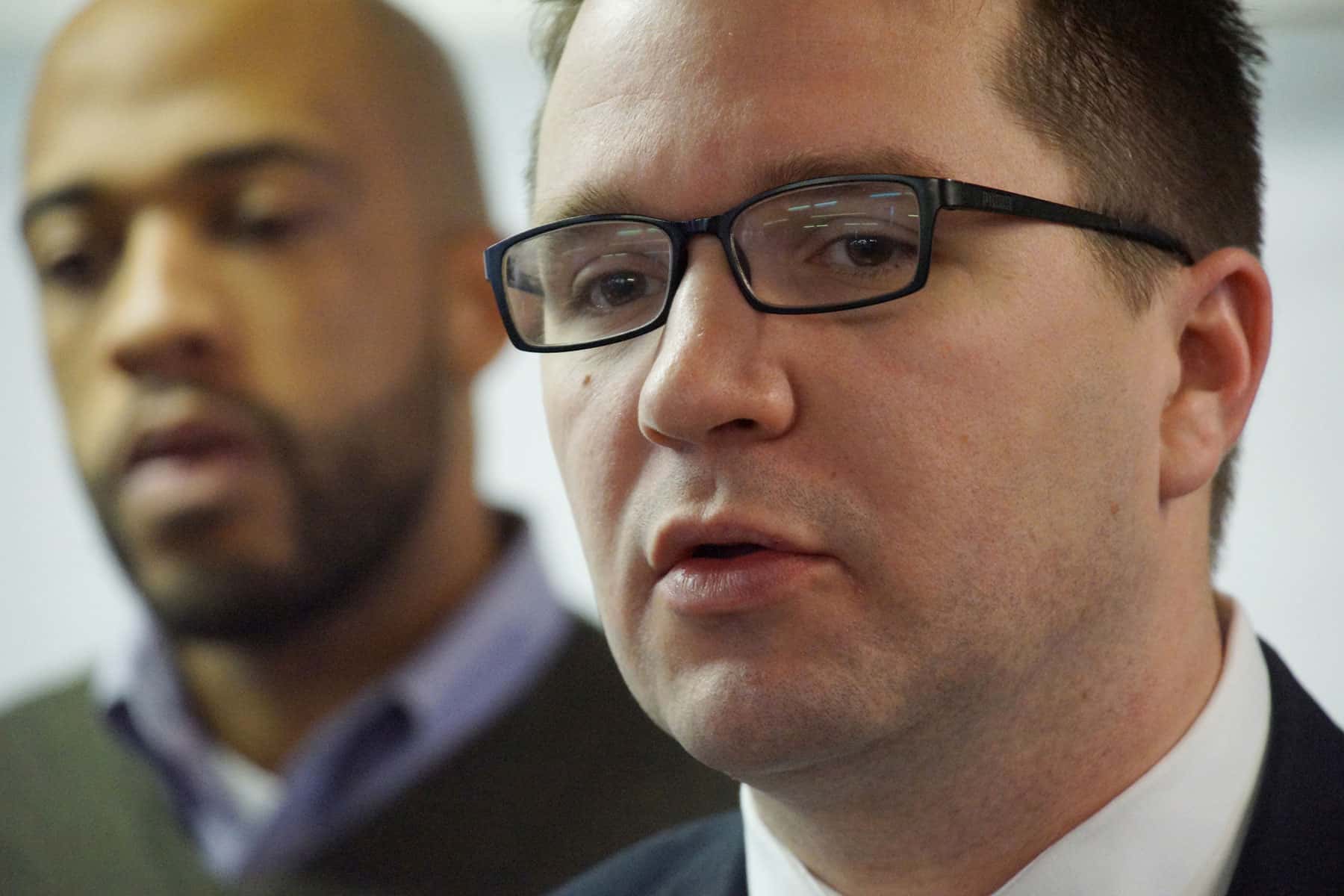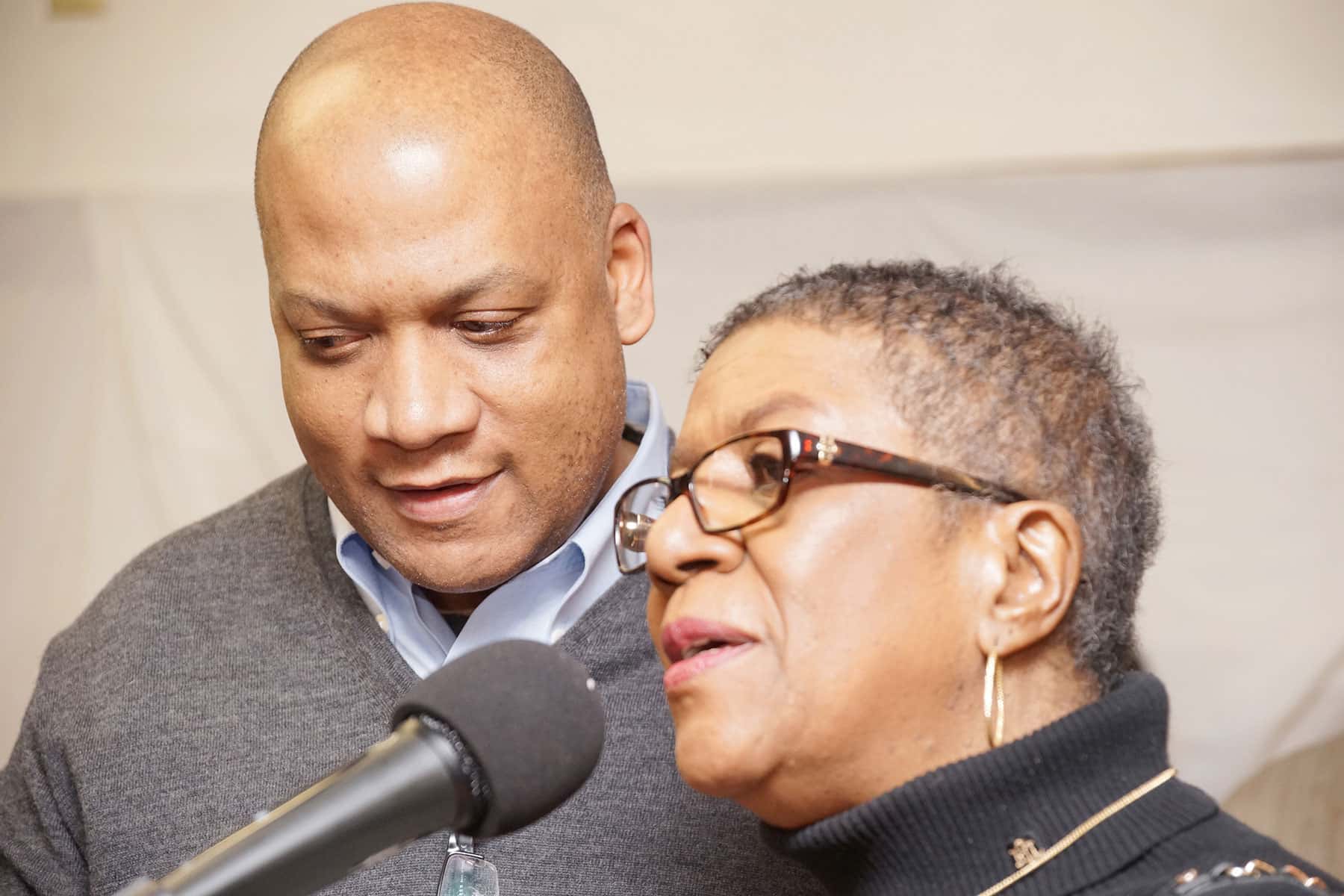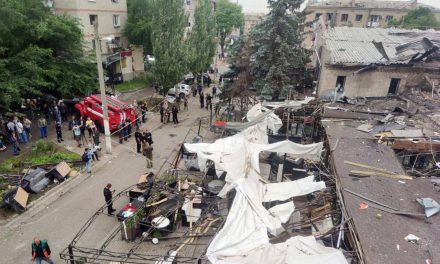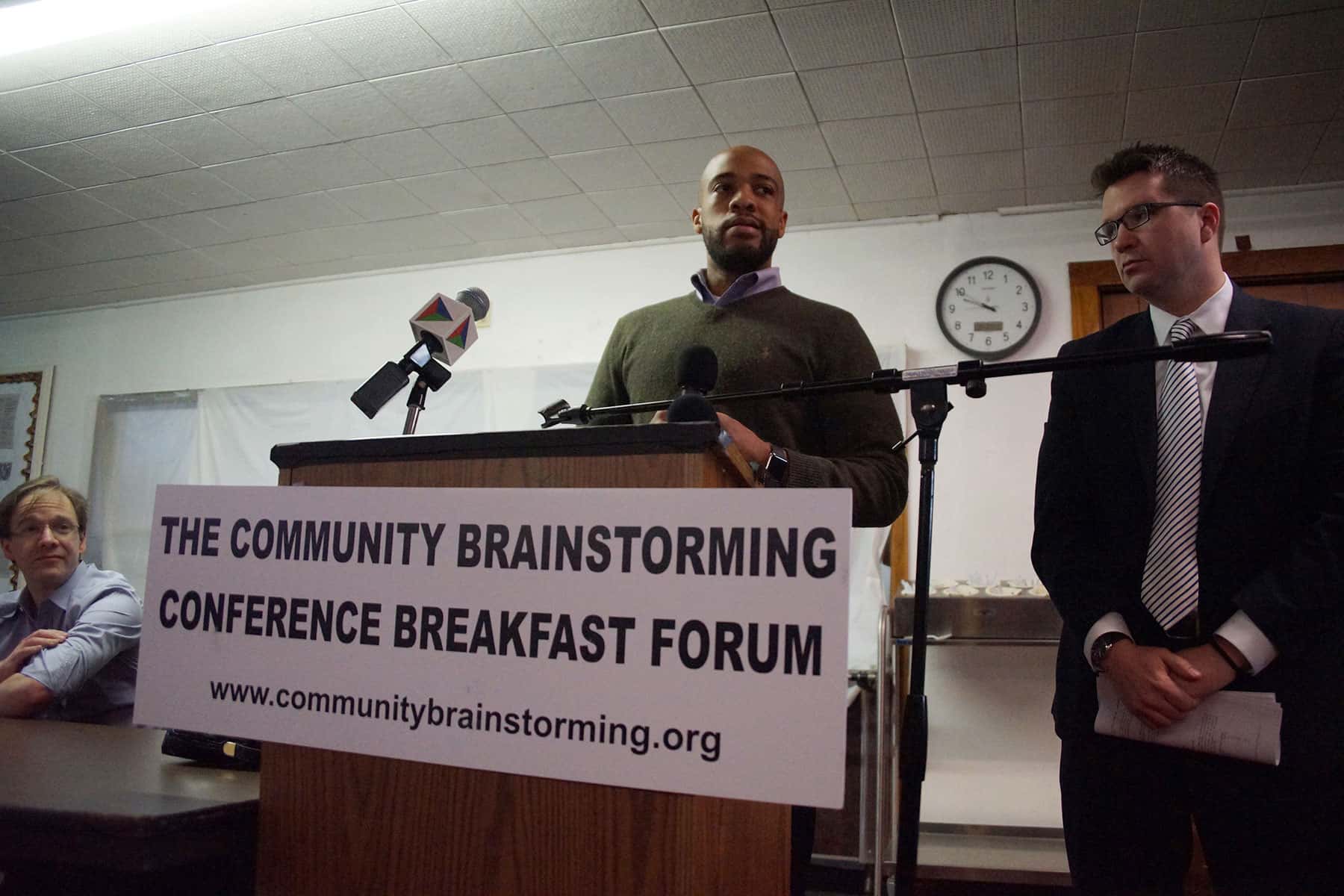
City officials and Milwaukee citizens expressed their frustration and outrage at State authorities over the ongoing scandal at Lincoln Hills School for Boys and Copper Lake School for Girls.
The Community Brainstorming Conference hosted the breakfast forum on February 27 at Saint Matthew C.M.E. Church to a packed crowd of concerned parents and local residents.
“We need to not lose sight of the fact that there are kids up there that deserves so much better than what they’re getting right now,” said Chris Abele, Milwaukee County Executive.
He noted that because Lincoln Hills is three and half hours north of Milwaukee, the distance makes it a hardship for family members to visit their kids. The long journey requires parents to take a day or two off of work to make the trip. It is also why the facility has an incredibly hard time hiring good staff, or staff that looks anything like the community they are serving.
“We know Lincoln Hills doesn’t work. We fundamentally understand that,” said John Chisholm, Milwaukee County District Attorney. “We are experiencing an epic fail from Governor Walker’s Department of Corrections as it relates to Lincoln Hills. I think they would like to simply wash their hands of all this, and dump the problem on Milwaukee County without additional resources. We cannot allow that to happen.”
Chisholm outlined how the history of bad decisions in the 1970s and 1980s created the dysfunctional conditions at Lincoln Hills. Instead of building small facilities in the local community to keep a connection to family and important elements of the neighborhood for continuity and support after release, the decision was made to house youth in a large one-crime-fits-all institution in a distant location.
“The idea that one big institution where very low-risk and very high-risk individuals would live together in close quarters makes that low risk individual worse,” said Evan Goyke, State Representative, 8th Assembly District. “The good kid doesn’t rub off on the bad kid. It’s the other way around.”
When low-risk youth are put together with high-risk kids, studies have shown they learn bad behaviors and come back to the community better equipped to be brake the law than when they left. It is not a good option for the kids or the communities where they will return.
“Right now the County is paying the State a little over $300 per person per day for services that they’re not providing. With a 65% recidivism rate, we are expensively making it more likely and not less likely that these kids are going to reoffend,” said Abele.
“We also have to demand that the State allocate more resources for young people that are suffering significant mental illness,” said Chisholm. “We have kids growing-up in adverse childhood experiences and environments that are off the scales, and we can’t keep fooling ourselves and keep asking ourselves why we have spikes in violence with kids who are growing up under layer after layer of adversity.”
Large-scale facility like Lincoln Hills have become rare in the United States because the type of facility does not work. They are too distant to have proper oversight, and make it more difficult for even the state agencies to interact with them.
Several panelist spoke about the Missouri Model, which was developed in the 1970s and 1980s as smaller community-based facilities that ranged in security from minimum to maximum.
“We’re not going to do anything that will compromise public safety in Milwaukee,” reassured Abele. “We hear people say we’re just going to bring kids down here and dump them. We’re not suggesting that, and we are not going to allow that. But I’m not going to apologize for telling you right now we can do a whole lot better.”
Chisholm also noted a close correlation between recent auto thefts and the expanding Heroin trade. “This has caused significant harm in the community and we’re trying to address that. We are committed to the public safety. And we understand a small number of individuals are creating a disproportionate amount of the harm.”
The media has done a pretty good job covering this issue,” said Mandella Barnes, State Representative, 11th Assembly District. “But the public has done a pretty poor job following this. I’ve talked to a number reporters who know the click rate for these stories posted online. Without the public being engage in an issue like this, the abuses will go on and on like they have for years, like the Governor ignoring this issue already for four years.”
Abele told the crowd, “We need your help. We need your advocacy. And we need your voice to support this. There’s a lot of different folks who are looking out for their reputation, for covering themselves, who are worried about this investigation. We need to keep the heat up and not let people forget was going on.”
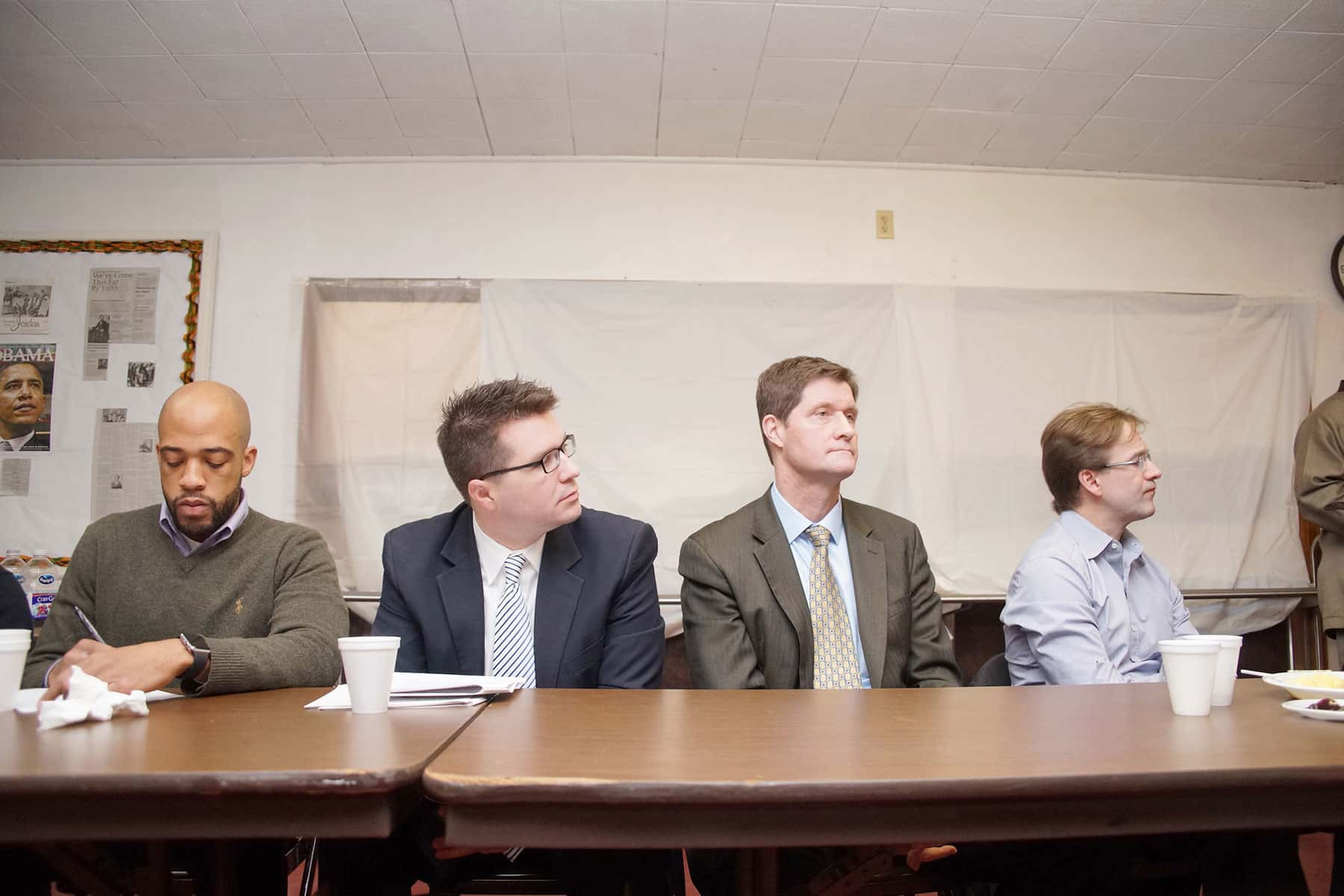
View the photo gallery of images that captures the intense public concern shared during the panel discussion.
